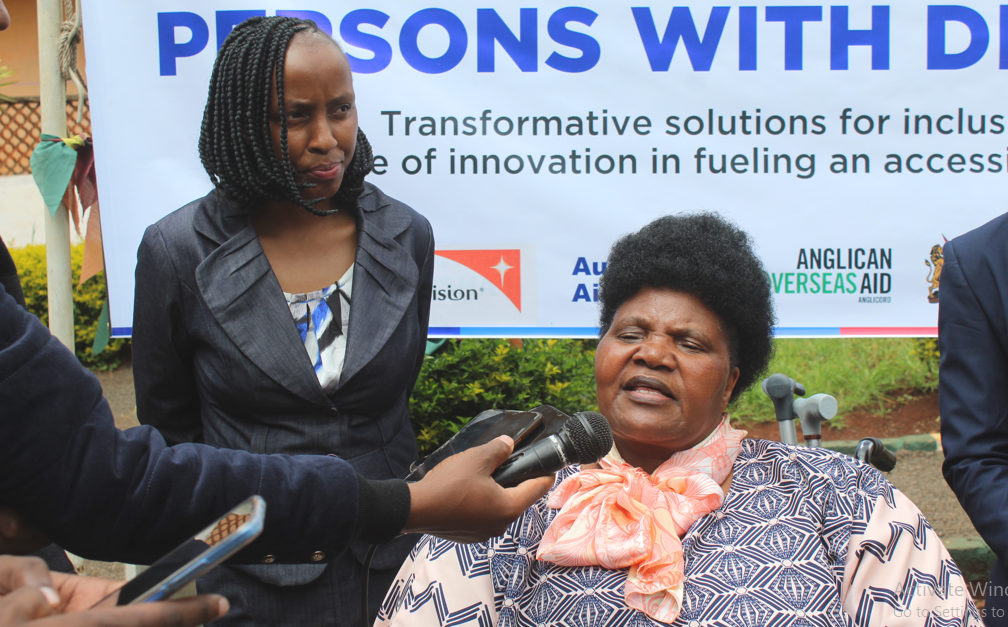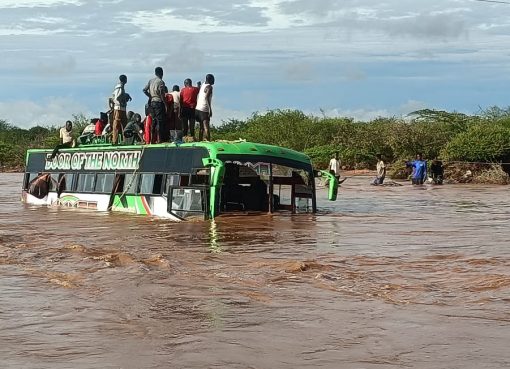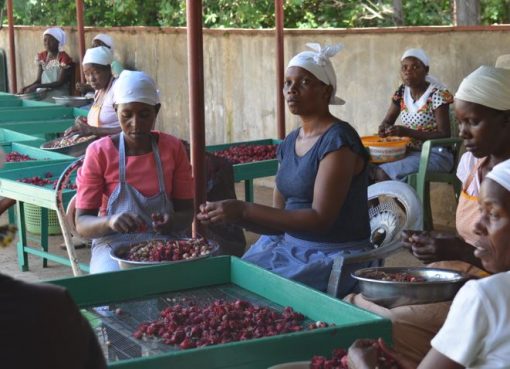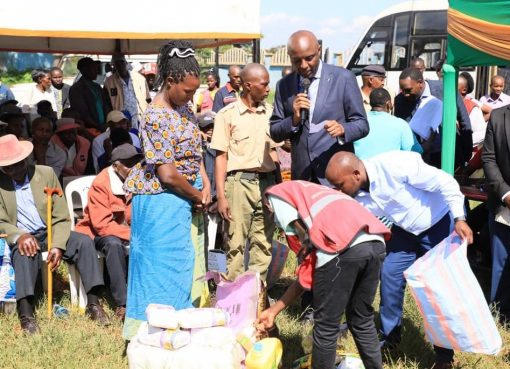A parent bringing up a teen living with Cerebral Palsy (CP) wants the government to do more in assisting families affected with the deliberating disability.
Fridah Ndirangu says poor families taking care of children with CP found themselves in awkward situations since they have to balance between taking care of the patients and finding ways of fending for the rest of the family.

Fridah who is a mother of three and currently taking care of her 17-year-old son who is battling CP disclosed that in a bid to skirt around the challenge, she is often forced to lock up her son in the house to go look for casual employment to feed her family.
“When the rest of Kenyans are lamenting about the difficult living conditions, we as parents living with children with Cerebral Palsy are suffering tenfold. Taking care of children living with this condition is not only psychologically demanding but also economically draining due to the costs that come with care and treatment. We sincerely wish the government would come up with mechanisms on how to assist in taking care of these children including building specialized care facilities where parents can take such children for assistance at no cost,” said Ms Ndirangu during celebrations to mark this year’s International Day of Persons Living with Disabilities held at the Baden Powell Garden in Nyeri.
She is also appealing to the community to embrace children living with CP just like any other disability, pointing that the society is still reluctant to accept the disease as a normal medical condition.
To address the challenge, Ms Ndirangu says she had to join a group of like-minded families identifying themselves as Cerebral Palsy Family Warriors that has about 50 families drawn from all the eight sub counties in Nyeri.
“We are forced to lock our children in the house anytime we find paid up work since nobody is willing to look after a child with this condition. To many families, children born with this condition are believed to be suffering due to some underlying social problem and therefore supposed to be shunned at all costs,” she narrates.
CP refers to a series of disorders leading to abnormal brain development, compromising a person’s ability to use the muscles
According to the Centres for Disease Control and Prevention (CDC), CP affects 1 to 4 children in every 1,000 children globally.
In Kenya, there are no official statistics on the prevalence of CP. However, experts estimate that one in every 100 children live with the condition.
Meanwhile Dr Agnes Wawira Mithamo, a consultant pediatrician and Chair of Disability Assessment and Registration Committee at the Nyeri County Teaching and Referral Hospital says the society should be educated on the need to take care of children born with disability.
Dr Mithamo disclosed how she managed to beat great odds in life after she was diagnosed with Poliomyelitis at birth to become a medical doctor, says the government is currently undertaking massive sensitization campaigns to the community to eradicate the stigma attached to Persons Living with Disability (PWDs).
“We have cases of children with disabilities who have been abandoned in the bushes or rivers and are brought to our facilities by Good Samaritans. During our assessment and registration, we try to do a lot of awareness. We try to sensitize people and to tell them that a child with a disability does not need to be abandoned and that some of these children can even take care of themselves later in life. In short, a child born with a disability can become useful to society,” explains the medic.
“I got Polio when I was a child but my parents looked after me, took care of me, took me to school and that’s why I managed to join a medical school to become a doctor,” she adds.
Ms Ivy Nzuki who is the County Senior Disability Service Officer says the National Council for Persons with Disability (NCPWD) is currently undertaking a mapping programme to identify existing gaps as far as data of PWDs in Nyeri is concerned.
Ms Nzuki says this has been necessitated by the need to enable the government to clean up its register for all beneficiaries of the Cash Transfer Programme for PWDs and ensure only genuine cases are taken care of.
“There are a lot of milestones the council has spearheaded with one of the achievements being the new registration system that has been put in place to address issues of fraud in registration. We have 700 persons who are benefitting but there is need for doing updates of some cases in the event of the deceased and we hope we shall be able to enroll more in the new programme. We also have many cases of mental and cerebral disabilities that are in the severe category. I can actually say that there is a need for assistance devices whereby we have many people with disabilities assisted with these assistive devices,” she said.
The officer has nevertheless appealed to families with members living with any form of disability to visit relevant government offices for help, noting that her department could only address the needs of those who are duly captured in the official NCPWD database.
By Samuel Maina





